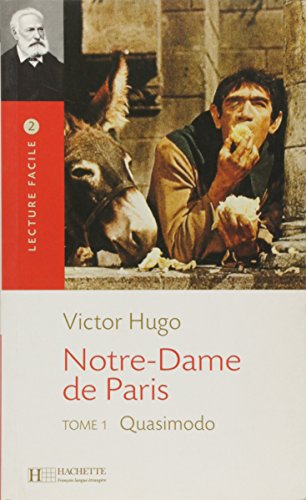

What makes this reading less an exercise of intellectual indulgence than a matter of critical urgency is Benjamin's widely overlooked attraction towards Hugo as a modernist writer. In turn, Hugo teases yet simultaneously refuses any absolute narrative viewpoint, stressing both the limitations of language and his own sub-jectivity. Her hybrid edifice bears the mark of bygone values, yet as such stands as a monument to the transformative sweep of time. This dynamic is observed upon Notre-Dame herself. He energises the opposition between artifice and actuality, proposing that man can only oscillate between both the ideal and the real, even though he cannot overcome their incompatibility. Hugo never denies the lure of myths in his novel, simply their possibility, recognis-ing that they remain as irresistible as they are incredible. How are we to awaken from 'ideological dream-states' and engage with an indeterminate reality without positing the unity of an integrated whole to begin with? I suggest that Hugo's Notre-Dame de Paris yields a compelling perspective on this dilemma. Walter Benjamin's readings of modernity are repeatedly strained by the tension he identifies between demystification and the drive towards the mythic.


 0 kommentar(er)
0 kommentar(er)
